The Traveling Librarian Visits Bolivia!!

The Traveling Librarian recently visited La Paz, Bolivia, which is one of the two capital cities of this South American country.
La Paz is the highest capital city in the world with an approximate altitude of 10,000 to 14,000 feet depending where you are located within the city. It is so high because it is located in the cordillera of the Andes Mountains.
The mountain in the background above is Mt. Illimani. At over 21,000 ft. it is higher than any peak in North America. The haze in the photo is actually smoke from fires that were burning in the Amazon basin to the north.

This is a gratuitous shot of the cordillera just east of the city.

This is a gratuitous shot of the gorgeous Lake Titicaca. It is the highest navigable lake in the world. Despite it's funny name, it is revered by locals.
Of course, the Traveling Librarian also visited the La Paz Public Library (Biblioteca Municipal). In a system with little economic means, this library manages to do quite well, which is a credit to their staff.
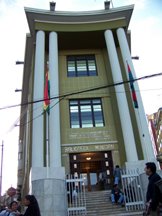
This semi-crooked photo shows the newly refurbished facade of La Paz Public Library.
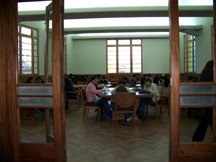
Because the library has limited funds it does not allow people to actually leave the building with the books. In fact, they usually have to provide some type of collateral, such as an ID, to get their hands on the books, which are in closed stacks that are not directly accessible by the public. Nonetheless, the attractive reading rooms were all full.
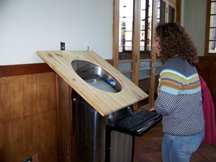
They have limited electronic resources and they guard them zealously.
Visiting the library in La Paz library made me feel lucky for what is available to us here in the States. However, I was very impressed by their ability to make do with limited resources.
The Traveling Librarian is currently visiting the Pacific NW and will have more to report soon!





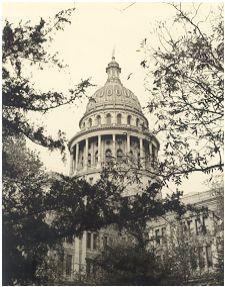

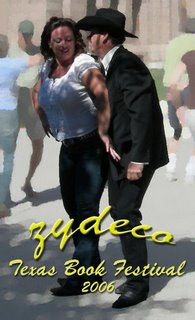
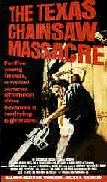
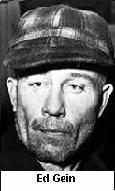

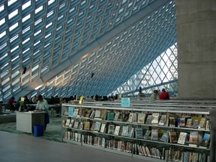






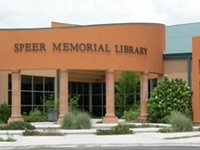
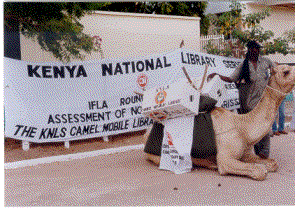
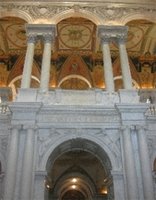 Greetings! I've just returned from the impressive Library of Congress in Washington, D.C! There are three buildings comprising the Library of Congress. I visited the main Thomas Jefferson Building, which is incredibly ornate. The marble walls are decorated with rich murals and mosaics and inscribed with quotations and names of authors and names important to all aspects of history, arts, sciences, and law. Cherubs representing occupations rest along the two main staircases in the Great Hall. There is not room to explain here all of the wonderful artwork and its symbolism; however, you can visit the
Greetings! I've just returned from the impressive Library of Congress in Washington, D.C! There are three buildings comprising the Library of Congress. I visited the main Thomas Jefferson Building, which is incredibly ornate. The marble walls are decorated with rich murals and mosaics and inscribed with quotations and names of authors and names important to all aspects of history, arts, sciences, and law. Cherubs representing occupations rest along the two main staircases in the Great Hall. There is not room to explain here all of the wonderful artwork and its symbolism; however, you can visit the 

